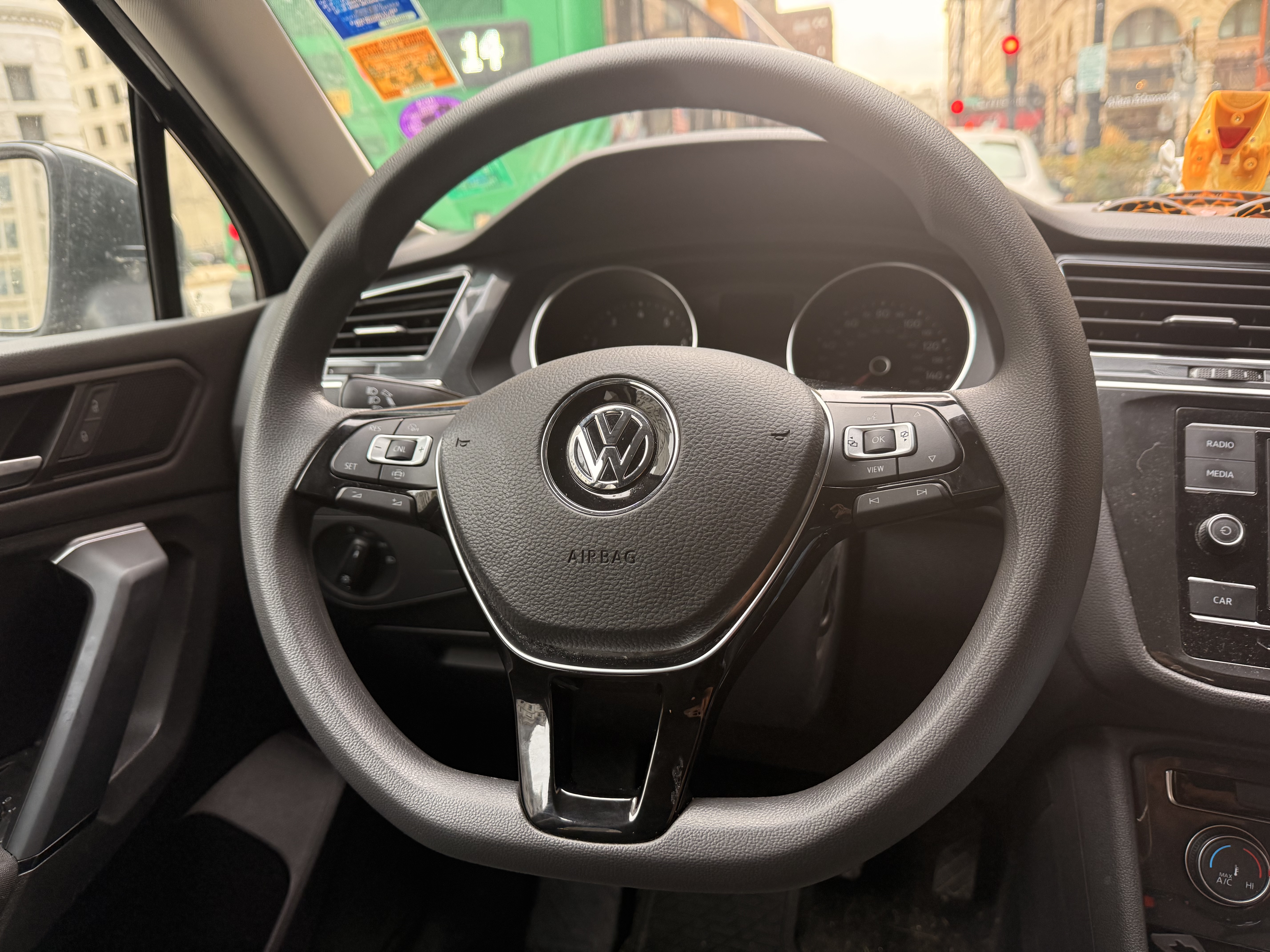- Find Resources
- Overcoming the Devastation of a Canceled Drivers License
Overcoming the Devastation of a Canceled Drivers License
Tweet -
-
-
-
-
-
-
-
-
-
-
-
-
-
Losing your driver's license because of a disability is more than an inconvenience - it can feel like a direct attack on your independence. The sudden loss of mobility can trigger devastation, anger, and a sharp drop in self-esteem. These feelings are valid. When you can no longer drive to work, run errands, attend medical appointments on your own schedule, or simply visit a hobby store, the isolation can be crushing. Relying on alternative transportation - especially when it feels inconvenient, costly, or inferior - adds to the frustration. Delivery fees for groceries, missed events, and the feeling of being dependent on others can weigh heavily on your mental health.
In many cases, the DMV is notified by a doctor without your input. Although physicians may say they are acting for your safety and the safety of others, their decision often comes down to liability avoidance rather than a balanced consideration of your quality of life. But this is not the time to give up - it's the time to fight back and reclaim your autonomy.
Arm Yourself with Medical Proof
- Request a formal evaluation from a qualified doctor or a certified driver rehabilitation specialist.
- Obtain written documentation confirming your ability to drive safely, including details about any adaptive equipment (hand controls, pedal modifications, etc.) that make driving possible for you.
- Research your state's laws and procedures for license suspension and reinstatement.
- Learn about appeal timelines, hearing requirements, and medical review processes.
- Knowledge is power - and it ensures you won't be dismissed or misled.
- Create a file that includes:
- Medical records and letters from supportive physicians
- Driver rehabilitation specialist reports
- A personal impact statement explaining how the loss of your license has affected your work, health, independence, and mental well-being
- Present yourself as someone committed to safe driving and determined to prove your capability.
- A certified driver rehabilitation specialist can provide an objective, third-party report of your driving ability.
- Professional evaluation can be a decisive factor in DMV hearings and appeals.
- The emotional toll of losing your license is real. See a counselor or therapist if feelings of depression, shame, or isolation take over.
- Support groups for drivers with disabilities can also offer practical advice and encouragement.
- Your mental health is crucial for staying focused and strong during this process.
- Keep a detailed record of all communications with the DMV, doctors, and lawyers.
- Maintain copies of letters, emails, medical evaluations, and hearing notices.
- If you do not pass the occupational or driver rehab test on your first try, don't treat it as a permanent failure
- Use the feedback to improve your skills and prepare for a retest
- Each attempt is a step closer to success - not a stop sign.
- If you do not pass the occupational or driver rehab test on your first try, don't treat it as a permanent failure
- Use the feedback to improve your skills and prepare for a retest
- Each attempt is a step closer to success - not a stop sign.
Do not rely on assumptions about your ability to drive
Know the Rules Better Than the DMV
Build a Powerful Case
Schedule a Professional Driving Evaluation
Protect Your Mental Health
Document Every Step
Reframe Setbacks as Opportunities
Personal Note: Turning Pain into Determination
- When I failed my first occupational therapy driving test, I felt humiliated and devastated - especially when the OT recommended I stop driving altogether. Summer passed without transportation, and I missed the freedom and joy of driving a car I've owned since high school
For someone dealing with heart failure and multiple sclerosis, the lost time felt like stolen life. I struggled with anger toward the doctor who reported me, feeling that they prioritized liability over my dignity. But I have chosen not to stay in grief. I turned my frustration into a mission. Every setback has fueled my determination to fight back, stay positive, and work toward reinstatement. I refuse to let the system or my condition define me - and neither should you. This is not just about getting your license back - it's about regaining your freedom, dignity, and voice. You are not powerless. You are a driver, a citizen, and a person whose rights deserve respect. The system may have sidelined you once, but you have every tool you need to get back behind the wheel - legally, safely, and on your terms.
As in most things in life there is no guarantee that even if you follow these steps, you will get your license reinstated. As in most things in life it might turn out to be worth the effort, even if the only benefit is to learn more about the system and yourself. If you fail at first, know that you can return again to try to succeed.
-